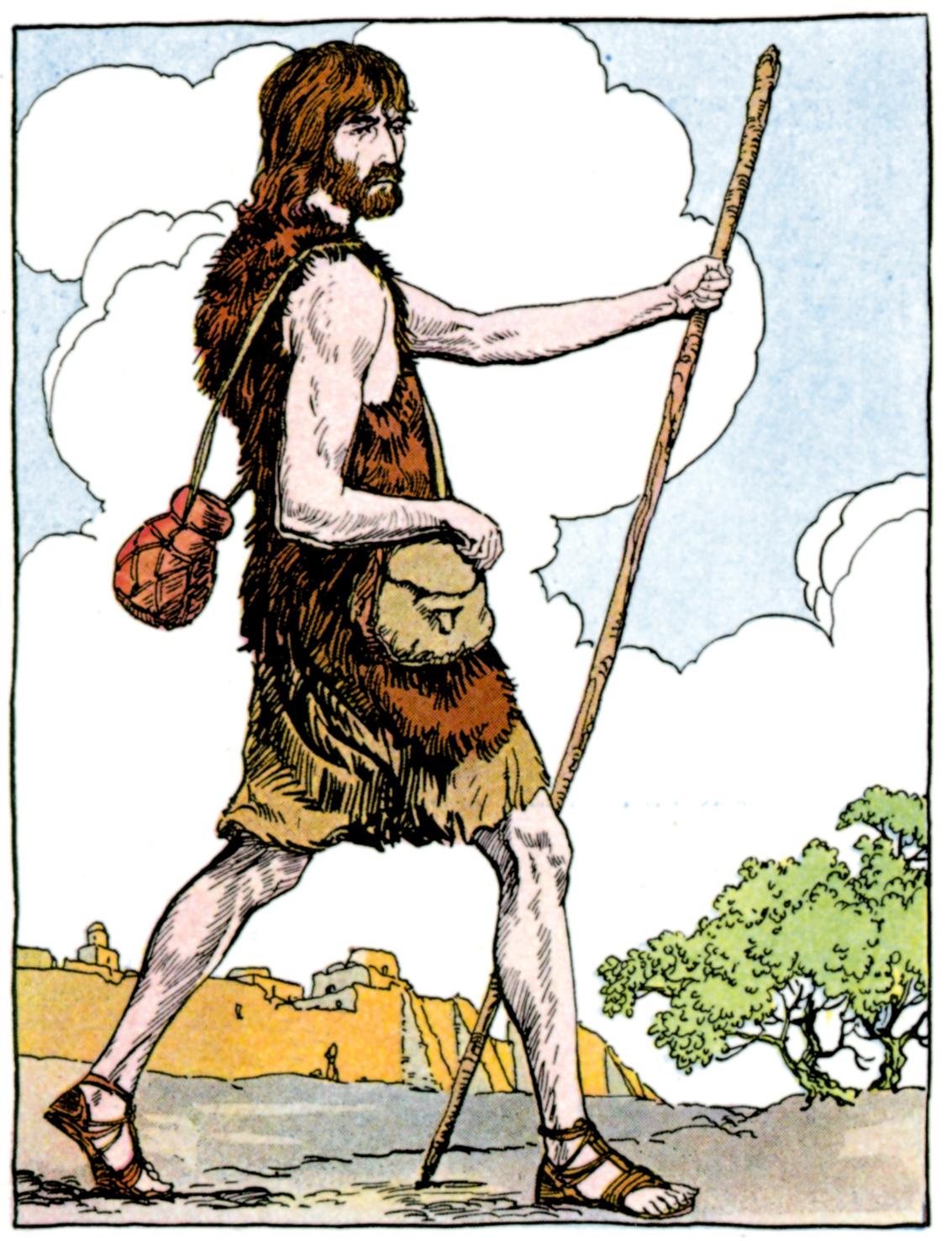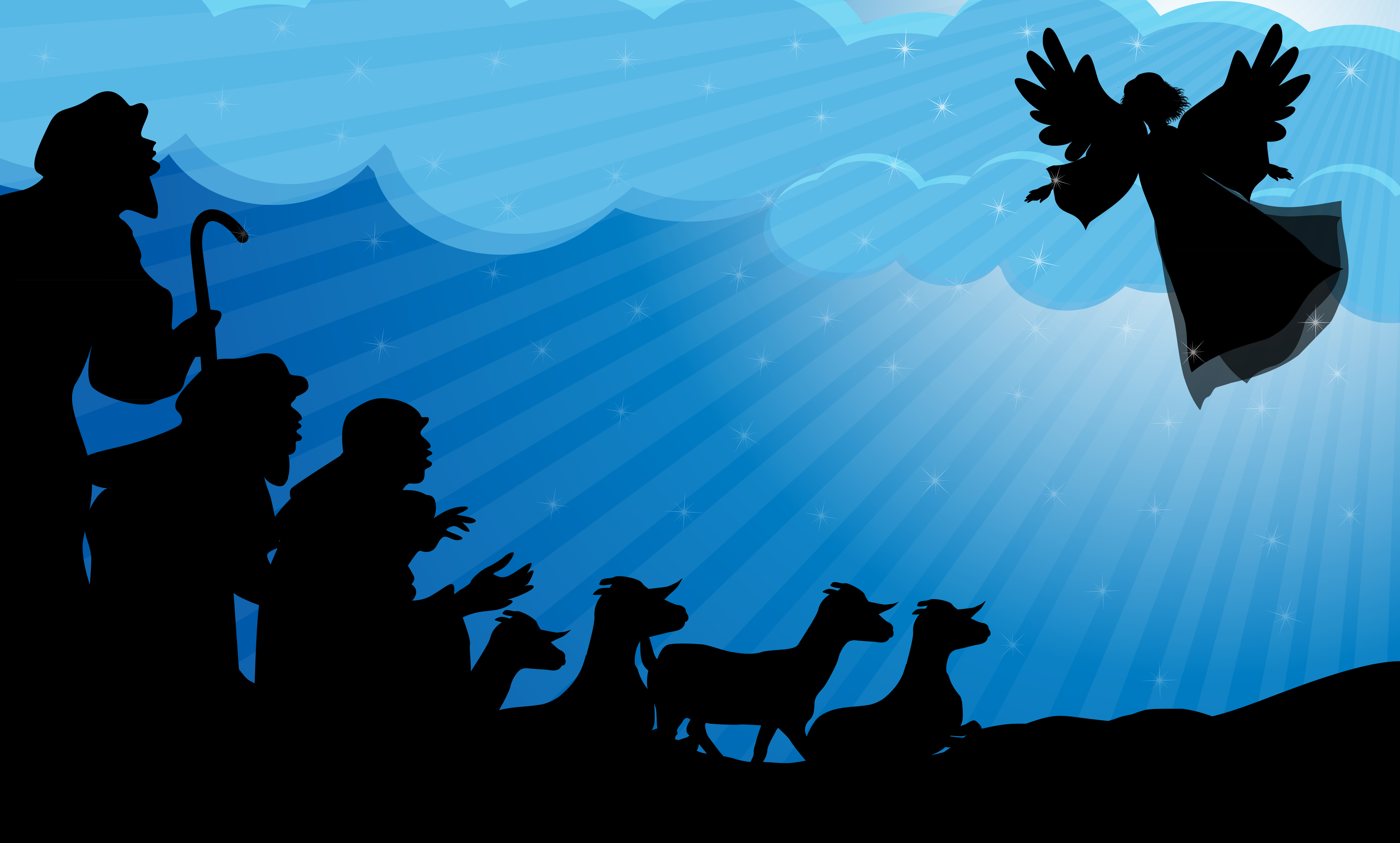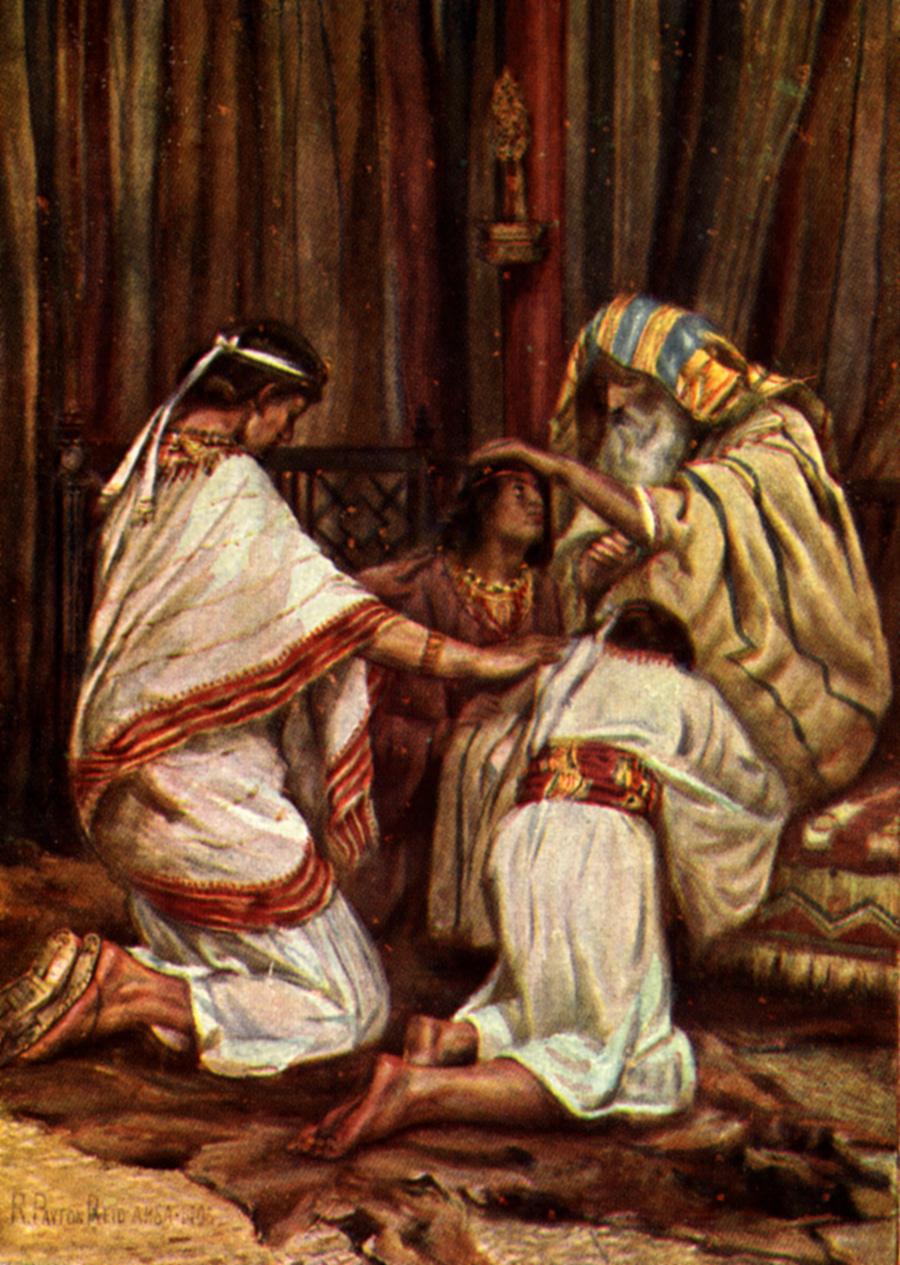Genesis 49:7, I will scatter/divide them. For Simeon, this prophecy was fulfilled in that they had an inheritance both in the area Judah and among the region of northern tribes.
For Levi’s part, his descendants were given the priesthood and were scattered in 48 cities throughout Israel (Num 35:7).
YHVH put this tribe’s passion against evil to good use. Levi’s vengeful anger against Shechem for raping Dinah (Gen 38) was excessive and outside the bounds of Torah-law.
However, this passion for righteousness and justice became further evident as Levi’s descendants were the ones who stood up against the rebellious Israelites at the golden calf. Moses used this tribe to execute YHVH’s judgment against the golden calf worshippers (Exod 32:25–29). This time, Levi acted in accordance to and within the bounds of the Torah as prescribed by Moses. For this, they were granted the priesthood and as such, were scattered throughout Israel (in fulfillment of Jacob’s prophecy) to better accomplish their duties. They became responsible for teaching Israel YHVH’s Torah and for acting as judges of the law (Deut 33:10; 24:8; Lev 24:10–11).
The beauty of this story is that YHVH can take the flawed character traits or misguided and even carnal passions of an individual or of a family or a society and redeem them by redirecting them along righteous lines in accordance with Torah principles.
Zeal and passion are wonderful character attributes, but they need to be channeled in the right direction.
To the Laodiceans in Revelation YHVH said he would rather they be hot or cold in their passions (Rev 3:15–16). He had no use for lukewarmness, which is apathy. One who is cold or dead is waiting to be awakened spiritually. One who is hot with passion already simply needs direction. One who is lukewarm doesn’t even care enough to go one way or the other.






